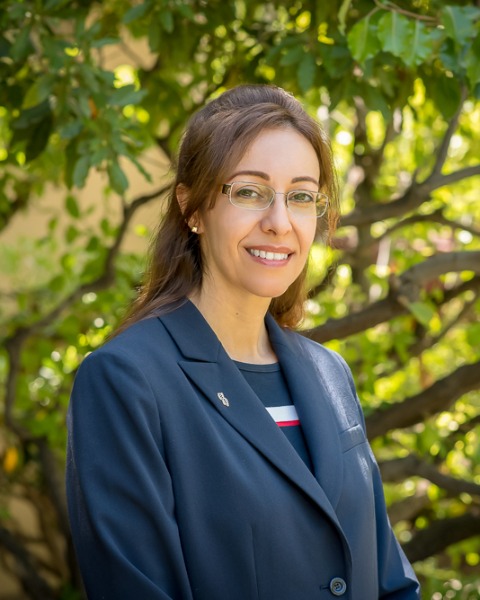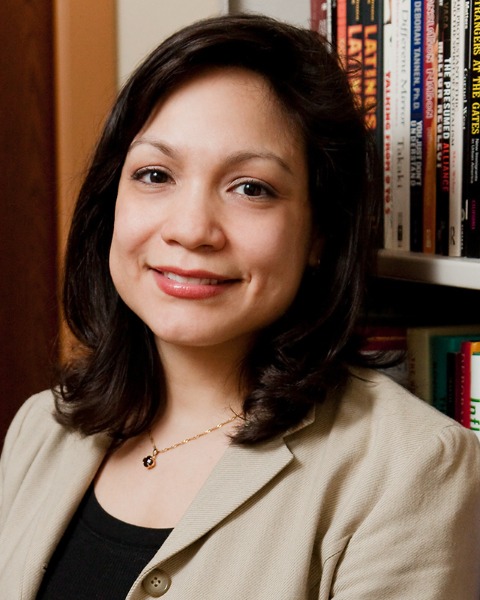Program Area: Behavioral and Social Sciences
Diversity of Experiences of Aging Among Birth Cohorts and Racial/Ethnic Groups in NSHAP
-
.jpg)
Linda Waite, PhD
George Herbert Mead Distinguished Service Professor
Sociology
National Opinion Research Center (NORC at Chicago)
Chicago, Illinois, United States -
AK
Amelia Karraker, PhD
Health Scientist Administrator
Division of Behavioral and Social Research
National Institute on Aging
Bethesda, Maryland, United States -

Marianne Razavi, PhD (she/her/hers)
Biostatistician
Research
Department of Supportive Care Medicine, City of Hope
Duarte, California, United States -
WC
Won Choi, MA
PhD Student
Sociology
University of Chicago
Chicago, Illinois, United States -

Lissette Piedra, PhD, MSW
Associate Professor
School of Social Work
University of Illinois at Urbana-Champaign
Urbana, Illinois, United States -
JI
James Iveniuk, PhD
Senior Research Scientist
Academic Research Centers
NORC at the University of Chicago
Chicago, Illinois, United States
Chair(s)
Discussant(s)
Individual Symposium Abstract First Author(s)
Aging, the process of getting older, takes many forms. This symposium uses data from the National Social Life, Health, and Aging Project to study changes and differences between groups in the experience of older adults. Dale and coauthors look at the implications for future mortality of failing to respond to a follow-up interview in an ongoing survey. Those who drop out of NSHAP are more similar to those who died than to those who are reinterviewed, suggesting that survey dropout carries important information about health that has been ignored to this point. Choi and Waite compare social networks and social support for the Silent Generation cohort, born 1920-1947, to the Baby Boom cohort, born 1947-1965, and finds that the BB cohort has fewer kin in their networks and receive less support from family and friends than the older cohort, suggesting that they are more disconnected. Piedra and Iveniuk compare social networks of White, Black and Hispanic older adults. They find that Hispanics are initially more likely to have restricted networks, showing low social connectivity but increase in network diversity over time, suggesting resilience, whereas White and Black move toward lower connectivity as they get old. Iveniuk and Gupta compare marital histories of older adults in different racial and ethnic subgroups, with Blacks least and Whites most likely to be married at older ages, and Hispanics more likely to be recently widowed. These presentations point to the diversity of pathways through aging, and their consequences.
Learning Objectives:
- Recognize characteristics of the social networks of Black, Hispanic, and White older adults.
- Understand differences in patterns of marriage and marital disruption by race and ethnicity over the life course.
- Understand the research implications of respondent dropout from participation in ongoing surveys.
Presentations:
-
4:30 PM – 6:00 PM ETImplications for Mortality Risk: Consequences of Survey Nonresponse in Home-Dwelling Older Adults
Individual Symposium Abstract First Author: Marianne Razavi, PhD (she/her/hers) – Department of Supportive Care Medicine, City of Hope
-
4:30 PM – 6:00 PM ETCohort Differences in Social Ties to Family and Friends
Individual Symposium Abstract First Author: Won Choi, MA – University of Chicago
-
4:30 PM – 6:00 PM ETThe Shifting Social Networks of Older Adults: An Analysis of Varying Typology by Race/Ethnicity
Individual Symposium Abstract First Author: Lissette M. Piedra, PhD, MSW – University of Illinois at Urbana-Champaign
-
4:30 PM – 6:00 PM ETMarital Sequencing Across the Life Course: Race and Cohort Intersections
Individual Symposium Abstract First Author: James Iveniuk, PhD – NORC at the University of Chicago
